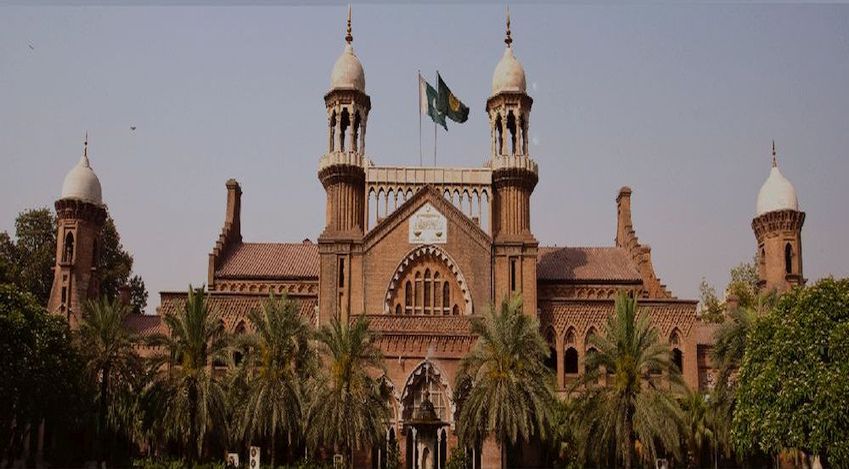Once an Order is passed u/s 179 of Customs Act 1969, it cannot be modified except through Appeal u/s 193; Only Customs Appellate Tribunal has Rectification Powers --- Lahore High Court, Lahore
Islamabad 04-02-2025: The Lahore High Court (LHC), in a landmark ruling, has set aside an impugned Corrigendum issued by the Additional Collector of Customs (Adjudication), declaring it ultra vires and beyond lawful authority. The judgment, delivered by Mr. Justice Abid Aziz Sheikh in [Writ Petition No. 44573/2024] (Amir Khan & Others Vs. Additional Collector of Customs & Others), reaffirmed the principle of functus officio and emphasized the exclusivity of appellate remedies under the Customs Act, 1969.
The Petitioners challenged the Corrigendum dated 10.06.2024, through which the Additional Collector of Customs modified the original order (No.78 of 2023, dated 15.12.2023) and enhanced the penalty from Rs.10,000/- per Petitioner to a total of Rs.7,922,048/-, equivalent to the assessed value of the seized mobile phones.
The original order, issued under Section 179 of the Customs Act, 1969, had directed the release of seized mobile phones upon payment of the requisite duties, taxes, and redemption fine. However, despite compliance, the authorities did not release the mobile phones, compelling the petitioners to file [Writ Petition No. 17287/2024], which was decided in their favor on 28.03.2024. Instead of complying with the Court’s order, the Respondents issued the Corrigendum, significantly altering the original penalty structure.
The Court underscored that once an adjudicating authority issues a final decision, it becomes functus officio, meaning it lacks the power to alter or modify the order except for clerical or arithmetic errors.
- Kh. Muhammad Fazil Vs. Mumtaz Munnawar Khan Niazi (2024 SCMR 1059)
- Anees-ur-Rehman Vs. Messrs Faysal Bank Limited (2020 CLD 473)
The Customs Act, 1969, provides an exclusive Appellate remedy under Section 193, which allows an aggrieved party to challenge an order-in-original before the Collector Customs (Appeal). The Additional Collector of Customs had no authority to unilaterally amend the order.
The Court found that Section 179 of the Customs Act does not empower adjudicating officers to rectify or modify their own orders. Any rectification power is vested exclusively in the Customs Appellate Tribunal under Section 194-B(2), which applies only to mistakes apparent on record.
In a decisive ruling, the Lahore High Court quashed the impugned Corrigendum, restoring the original penalty of Rs.10,000/- per petitioner, and barred customs authorities from exceeding their statutory mandate.
Powered by Froala Editor








